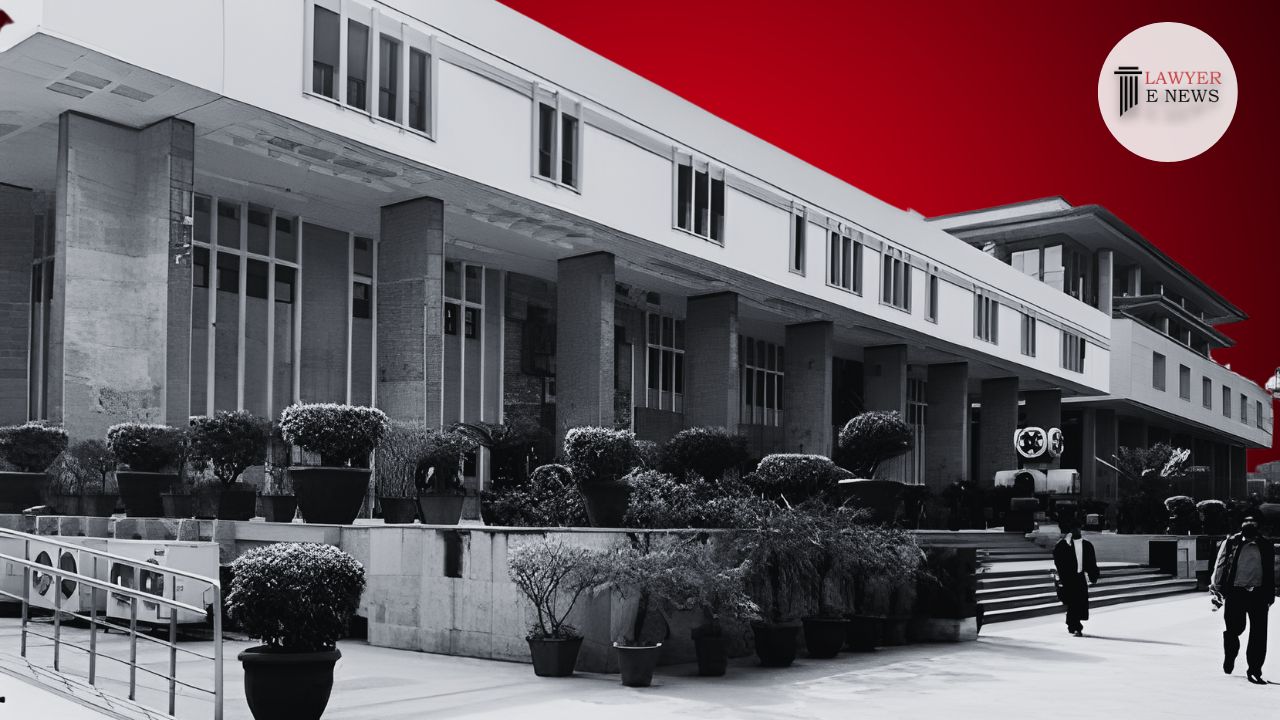-
by Admin
15 February 2026 5:35 AM



In a significant ruling, the Delhi High Court has upheld the extradition of Majibullah Mohammad Haneef to the Sultanate of Oman. Mr. Justice Amit Bansal delivered the judgment on 24th November 2023, in response to a writ petition filed by Haneef challenging his extradition for his alleged involvement in a murder case in Oman.
The High Court's decision was anchored on the principle of 'Dual Criminality,' a cornerstone in extradition law, which mandates that the offence for which extradition is sought must be punishable in both the requesting and requested states. "The principle of ‘Dual Criminality’ stands satisfied," observed the Court, setting the tone for its ruling.
The case, marked as W.P.(CRL) 275/2022 & CRL.M.A. 27212/2023 (directions), CRL.M.A. 28432/2023 (directions), revolved around the petitioner's arrest under Section 34-B of the Extradition Act, 1962. The Sultanate of Oman had formally requested Haneef's extradition, following an incident involving the death of an Omani national and his family, wherein Haneef was implicated.
In the courtroom, Haneef's legal team raised concerns over the authentication of documents provided by Oman and questioned the fairness of the trial he would receive in the requesting state. However, the Court, after meticulous examination, found the inquiry conducted by the Additional Chief Metropolitan Magistrate, Patiala House Courts, New Delhi, to be thorough and conclusive. The judgment highlighted, "A prima-facie case was made out against the petitioner in support of the requisition of the Requesting State."
The Court also noted that all documents submitted by Oman were duly authenticated, dismissing the petitioner's argument regarding the lack of authentication as per the Extradition Treaty. Furthermore, the Court recognized the assurances from Oman regarding a fair trial, which played a crucial role in the decision-making process.
In his judgment, Mr. Justice Amit Bansal underscored the significance of the extradition process, ensuring that it adheres to the legal standards and obligations under the Extradition Act and the relevant treaty. The case, which drew significant attention due to its international implications, sets a precedent in extradition law, particularly concerning the dual criminality principle and the assessment of fair trial assurances from a requesting state.
Represented by Mr. Bahar U. Barqui and Mr. Maroof Ahmad, the petitioner's case was rigorously argued, while the Union of India's stance was defended by Mr. Chetan Sharma, ASG, and his team. Despite the dismissal of the petition, the case highlights the complex interplay of international law, national legal frameworks, and human rights considerations in extradition proceedings.
D.D: 24th November, 2023
MAJIBULLAH MOHAMMAD HANEEF VS UNION OF INDIA
